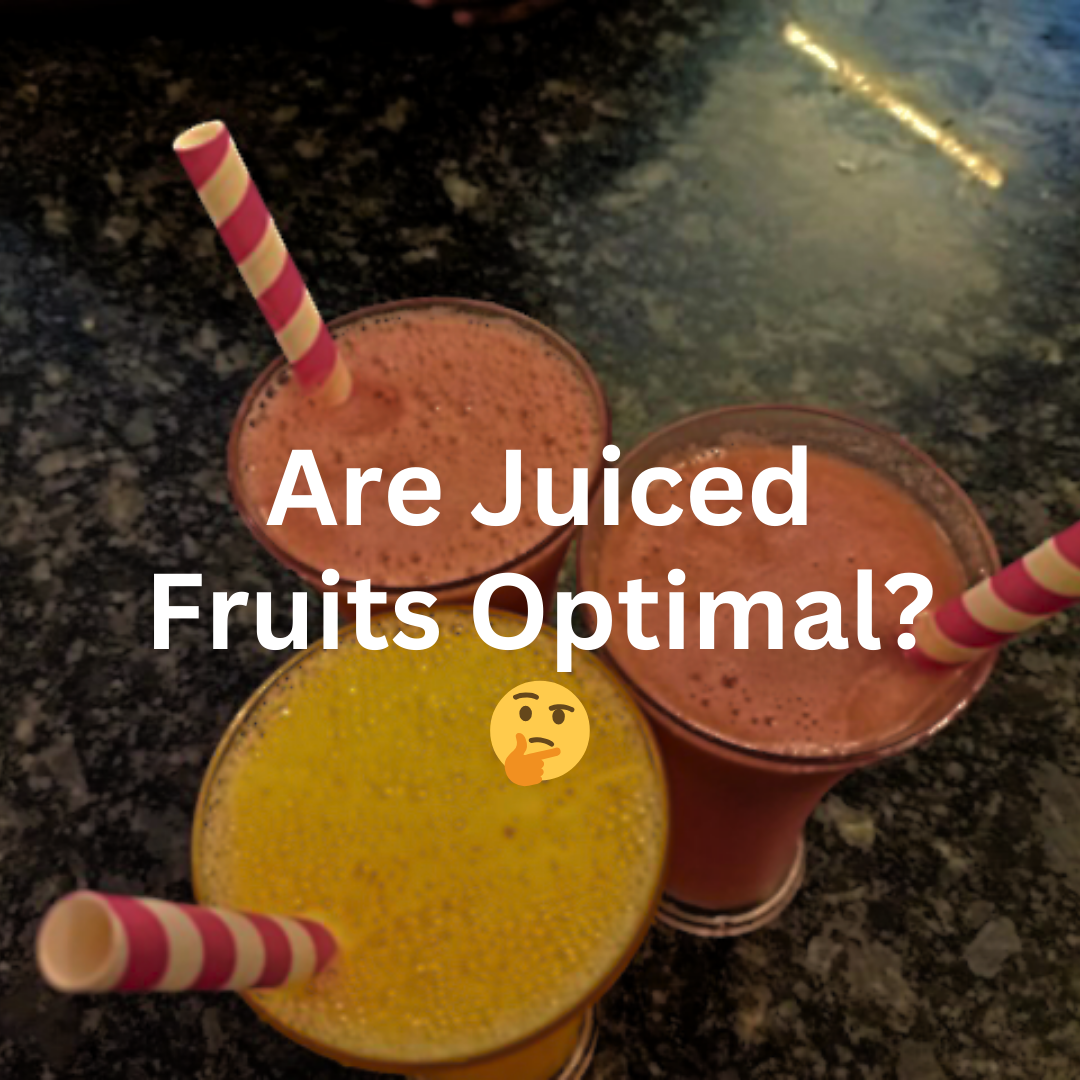If you’ve ever come across those fancy fruit juices being sold in the health aisle at various grocery stores and wondered, “is that zucchini kale juice really healthy?,” you’ve come to the right place. There is often a concern that juiced fruits and vegetables aren’t as good for you as their whole counterparts. But according to personal trainer and Oregon Culinary Institute graduate Jacob Hickock, fruit and vegetable juices are just about as healthy as whole fruits and veggies.
“In a nutshell, yes, [juiced fruits are good for you],” said Hickock. “The main thing that people always want to say about it not being healthy is … you’re not chewing the food. And when you’re not chewing the food, it breaks down differently into your body. The saliva helps break down the food.”
According to the Mayo Clinic, one other thing that makes juiced fruits slightly less healthy than whole fruits is the lack of fiber. Despite keeping most of the vitamins and minerals, juicing a fruit or vegetable takes away the fibers within them. Fiber is an important nutrient found in fruits and vegetables that helps the body improve control over blood sugars, lower cholesterol levels, create healthy bowel movements (meaning you poop better) and more.
But at the end of the day, fruit is fruit! When you juice a fruit or vegetable, the food still retains the vitamins and minerals that are part of what makes them so good for you. Vitamins are essential for fighting disease and strengthening bones, among other things, while minerals regulate the body’s water balance and maintain muscle and nerve function.
“It’s fruit,” Hickock said. “Yes, it’s healthy to get your micronutrients in [your diet]. Don’t let anyone tell you differently. Just don’t do it all the time, and don’t make it your only choice for your dietary needs.”

